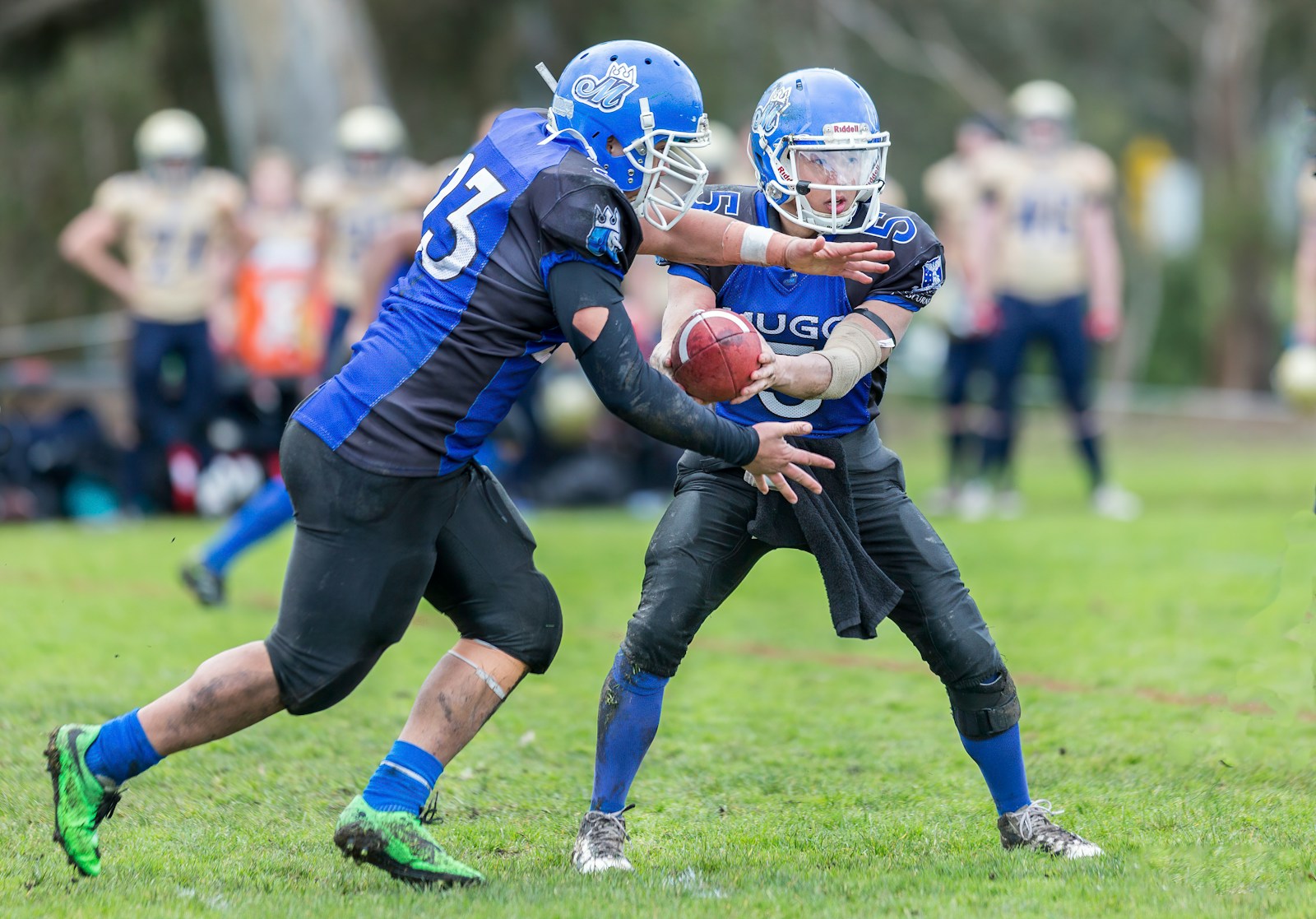Making your way through college is tough. The stresses of meeting your deadlines are bad enough, so what happens if you’ve had a major physical setback? You might have been involved in a car accident, slipped and hurt your back, or had an unexpected health problem. Should you leave college?
There’s no reason why you can’t carry on with your studies. There are experts who can help and systems in place to enable you to continue your valuable education. We offer some advice on surviving college after an accident.

Seek Legal Advice
This is especially important if your accident involved other people or you were injured at work. There may be legal and financial redress if someone else caused your injury.
Receiving compensation can make life so much easier. It could go towards medical costs, or simply give you the satisfaction that justice was served. If your college has a legal advisory center, make use of it.
You will likely need to seek professional help outside of college. There are lawyers available for injury claims. You should make an appointment as soon after your accident as possible, so no details or evidence are overlooked.
Let Your Professors Know
The college may have a record of the incident, but your class professors won’t necessarily be in the loop. They might grade you poorly or even fail you for a class if you miss assignments and class. Make sure they are aware of what is happening and are sympathetic to your situation.
If you’ve been absent due to injuries, providing the college with evidence is advisable as most colleges have a procedure for students who have missed deadlines. Your professors will grade you fairly if they know that you have good reason for not submitting work or attending class.

Go to Counselling
A physical injury will heal over time, but without the right attention, mental trauma is equally as injurious to your well-being. Don’t just focus on your physical recovery and ignore your emotional scars that. A holistic approach to your health is vital.
Your family physician might recommend you see a counselor or therapist. Embrace this opportunity, even if you don’t feel you need it. Psychological trauma is often difficult to diagnose as symptoms may present weeks or months after the event.
You don’t want to have a sudden meltdown later on in the year when you have exams or essays to deal with. Counselors are trained to recognize and treat all sorts of conditions, so you can even talk to them about any academic problems brought about as a result of your injuries.
Your college will have on-site counselors with whom you can talk. Ask the welfare officer for details and make sure that you take full advantage of all that they have to offer.
Surround Yourself With Friends and Family
This goes without saying. You need support from your loved ones to help you recover and get back on track. After a debilitating injury, you might not be in the mood to socialize or see your friends. This is understandable, but you mustn’t isolate yourself.
Grab a coffee with a couple of your closest friends. Ask someone to come with you to a check-up appointment or counselling session. Small things like this will help ease the burden of your situation.
If your family lives in a different state, you probably won’t be able to see them as often as you would like. Keep in touch as much as you can. They’ll no doubt be worried about you and will benefit from knowing that you do not feel alone.
Your friends and family can play an important role in your recovery. Keep them close and don’t be afraid to ask them for help with tasks that you can’t do yourself. Often, times of adversity and stress are when family bonds are renewed and strengthened.
Give Yourself Time
The road to recovery is long. Don’t beat yourself up if you aren’t fully healed as quickly as you’d hoped. There are psychological implications of sustaining an injury as well as the more obvious, physical ones. If you neglect any aspect of your health, it’s likely to impact your educational performance later on.
Take full advantage of all the services that are on offer. Ask your college for contact details of external organizations that can be of assistance. Don’t worry too much about the academic side of things in the early stages of your recovery. As long as you’re taking care of yourself first, you can always catch up later. Above all, make sure your faculty members all know precisely what is happening.
Conclusion
Hopefully, these five tips have helped you think about how to handle college after an accident. Take care of yourself, and the rest will fall into place. Before you know it, you’ll be picking out your graduation outfit!


